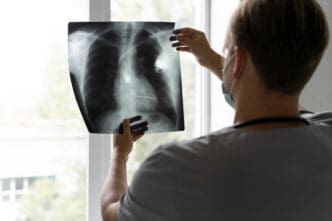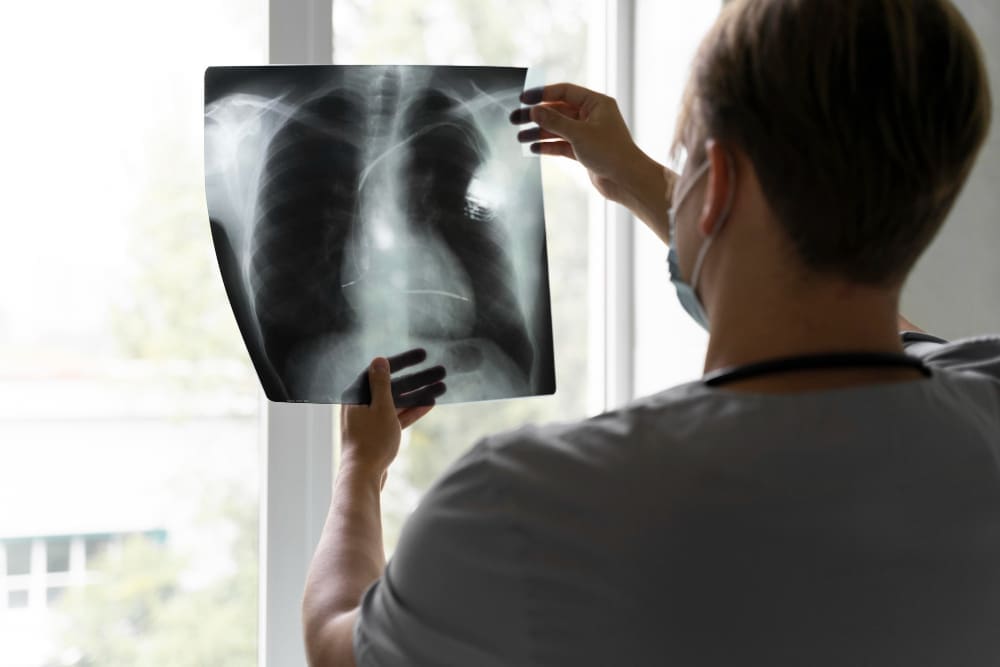In 2020, many Americans had to delay cancer screenings such as colonoscopies, mammograms, and lung scans due to the overwhelming impact of COVID-19 on healthcare facilities. Despite these postponements, a recent report indicates that these delays have not significantly affected overall cancer statistics. The report, published in the journal Cancer, reveals that cancer death rates have continued to decline, and there have not been substantial increases in late-stage diagnoses.
At the onset of the pandemic, a higher proportion of cancers in the United States were detected at later stages, which are typically more challenging to treat. However, by 2021, the detection of cancers at late stages had returned to levels seen before the pandemic for most types of cancer. This trend is considered reassuring by experts, suggesting that there is unlikely to be a pandemic-related spike in cancer mortality rates.
The number of new cancer cases also saw a decline in 2020 but rebounded to pre-pandemic figures by 2021. This decline was observed across various states, regardless of differences in COVID-19 policy restrictions. Researchers attribute these changes more to individual behavior and local hospital policies rather than state-level restrictions.
An exception was noted in the late-stage diagnoses of cervical and prostate cancers, which experienced an uptick in 2021, although the increase was not significant. The data from the analysis extends only through 2021, thus not providing a complete picture of the pandemic’s long-term effects.
The comprehensive analysis was conducted by the North American Association of Central Cancer Registries, the National Cancer Institute, the Centers for Disease Control and Prevention, and the American Cancer Society. The findings offer a cautiously optimistic view of the pandemic’s impact on cancer detection and outcomes.












